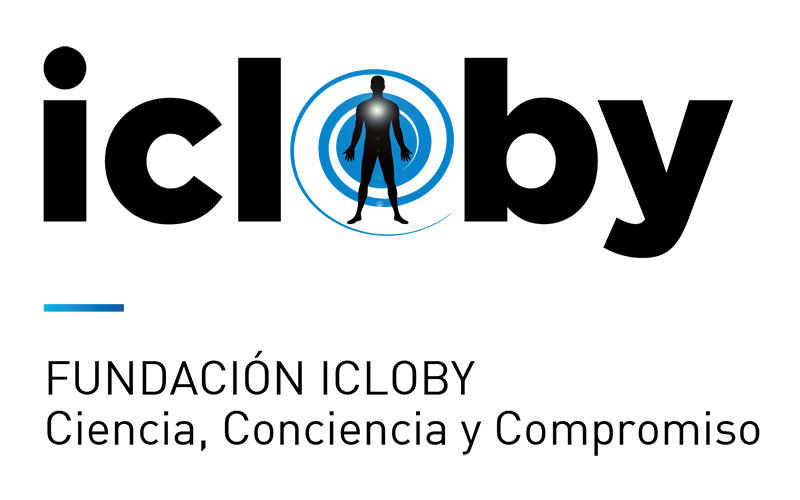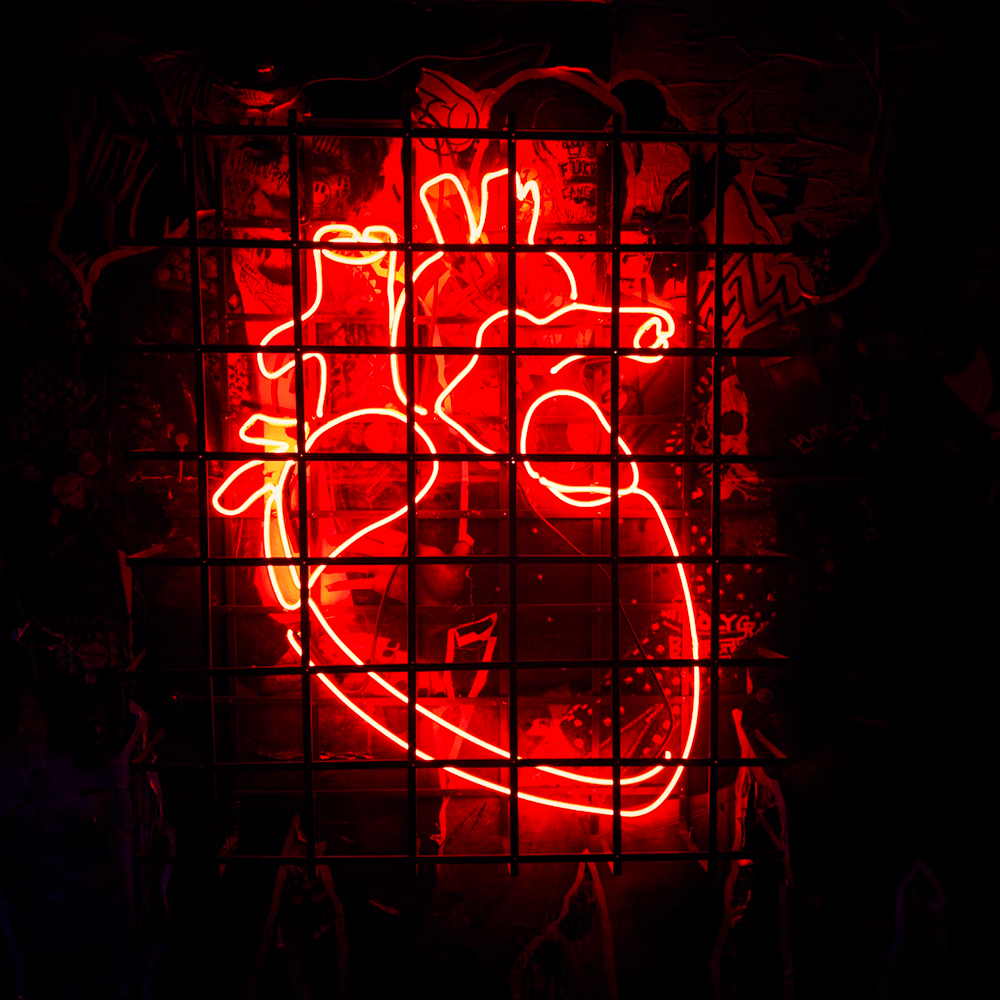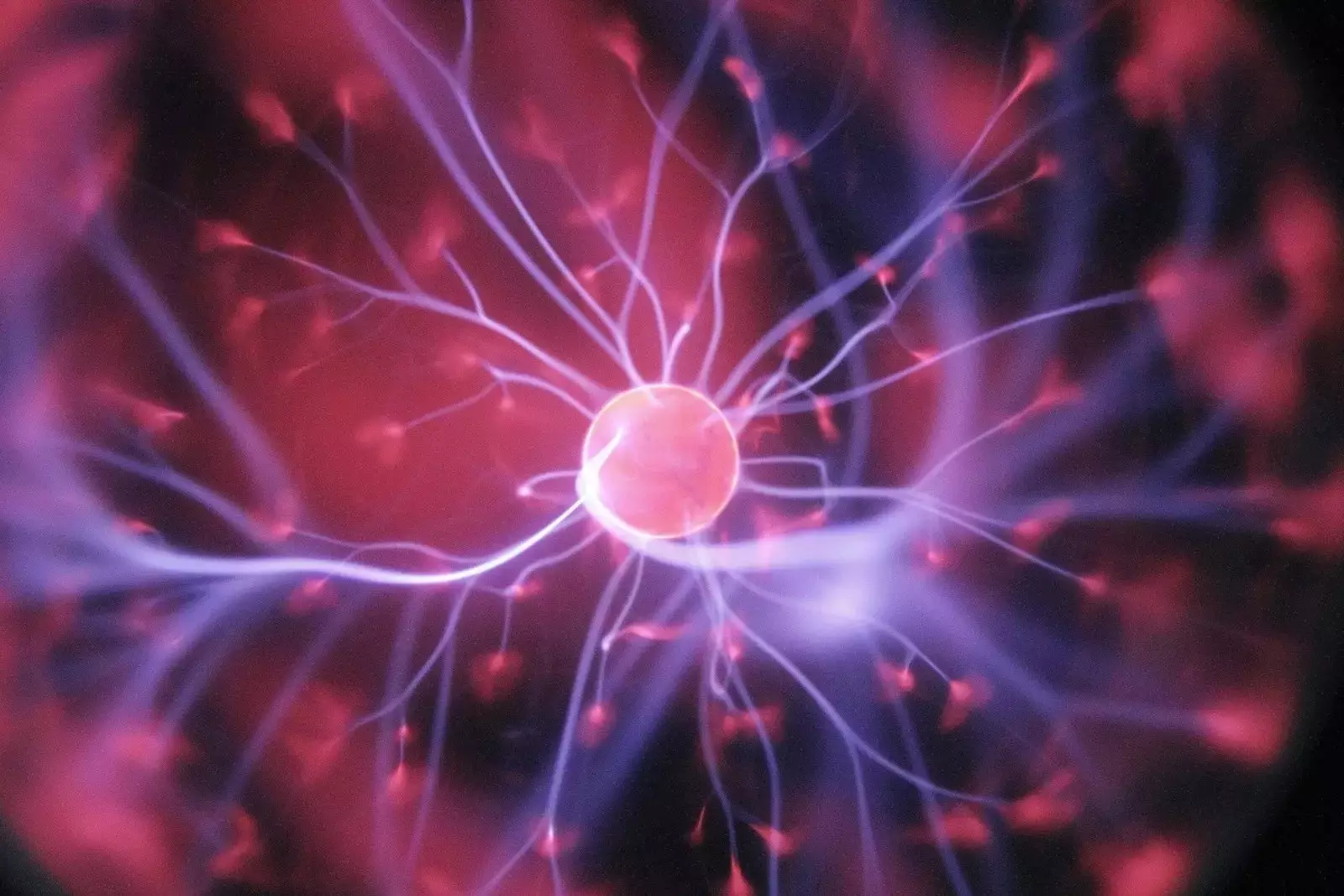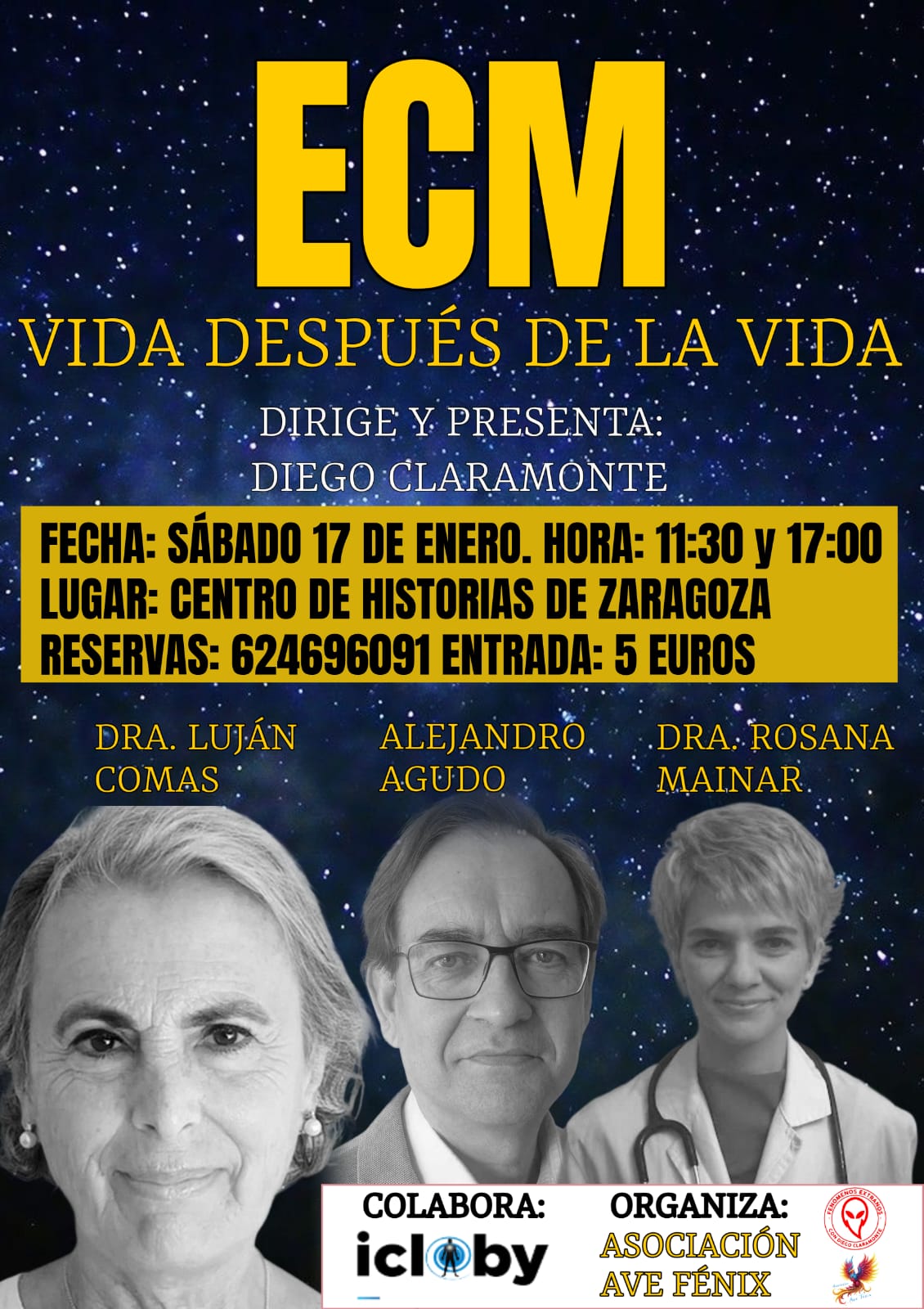Severe hypothermia–induced cardiac arrest is a surgical technique used to repair blood vessels by slowing cellular activity and delaying tissue death.
In a letter published in the journal Resuscitation, Mario Beauregard and fellow researchers linked this procedure to near-death experiences (NDEs), which often occur when patients undergo cardiorespiratory arrest followed by successful resuscitation.
Between 2005 and 2010, At Hospital of the Sacred Heart, they conducted a retrospective study to evaluate possible NDEs during aortic repair surgery.
Out of 33 patients, three (9%) reported awareness during the procedure. The most striking case was that of a pregnant patient who entered the operating room unconscious, with her eyes closed and taped shut, yet was able to “see” her surgery from outside her body. She accurately described both the procedure and the arrangement of equipment located behind her head, details later confirmed by the surgical team.
Òscar Llorens i Garcia





